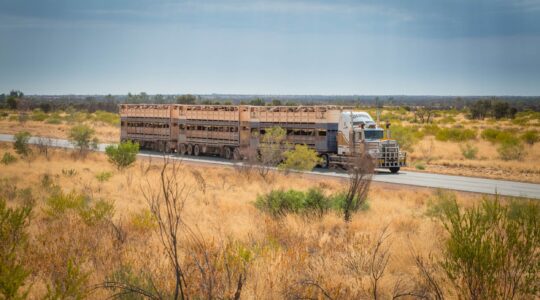A lack of urgency in finding new antibiotics to counter resistant illnesses is putting millions of lives at risk, according to the World Health Organisation (WHO).
In its latest report, WHO stated antimicrobial resistance (AMR) was associated with more than a million deaths every year, with new projections that annual AMR deaths would hit 8.2 million by 2050.
The report said the research and development pipeline for new antibiotics was sparse, with lengthy and costly development and little innovation.
“AMR is one of the most urgent global health threats and development challenges,” WHO stated.
“AMR is also a threat to the global economy, impacting international trade, heath care costs and productivity.”
The report, created for G7 Finance and Health Ministers, detailed progress on incentiviSing the development of new antibacterial treatments.
It said there was an urgent need for innovative strategies to enhance research and preserve access to essential antibiotics.
The report quotes research from Quadripartite and the Organisation for Economic Co-operation and Development (OECD) that found, globally, AMR could result in additional health care expenditures reaching USD$412 billion annually, as well as workforce participation and productivity losses of USD$442 billion, if sufficient action wasn’t taken.
“But this study also shows that implementing critical AMR interventions is a ‘best buy’, with USD$7-13 expected in return for every USd$1 of investment,” the WHO report states.
“Since 2017, public and philanthropic investments in antimicrobial resistance (AMR) R&D have reached USD$13.75 billion annually, yet experts indicate that an additional USD$250 million to $400 million per year is required to sustain antibiotic development.”
Read the full report: Incentivising the development of new antibacterial treatments 2024








